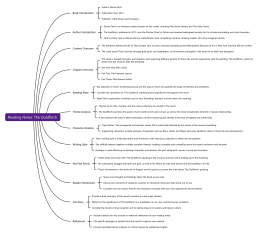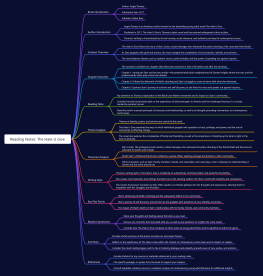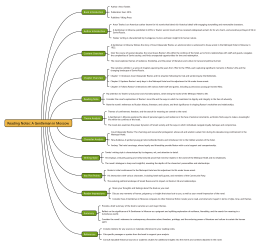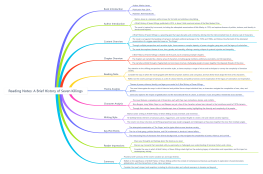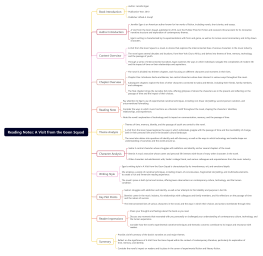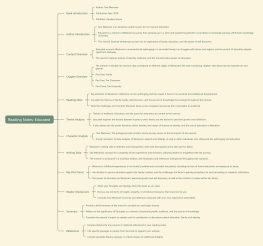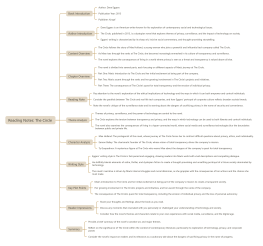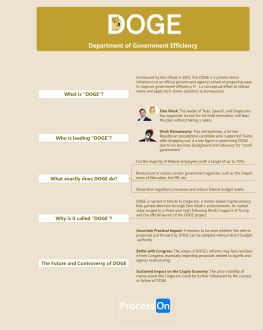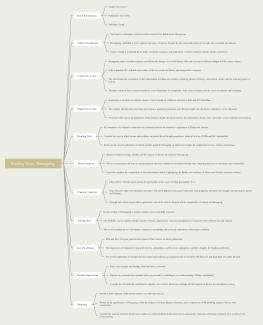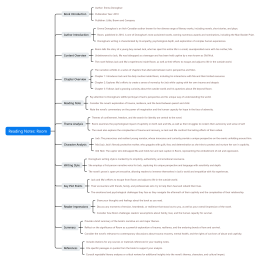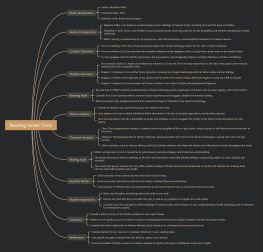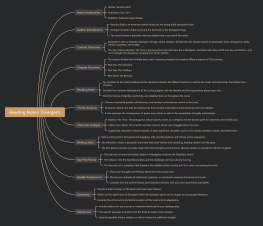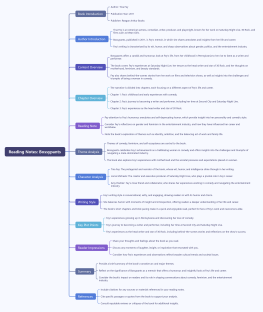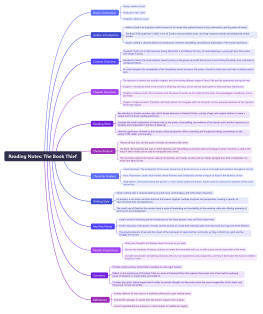Ready Player One-Ernest Cline: Book Summary
2024-07-19 15:45:59 0 Report
Login to view full content
Other creations by the author
Outline/Content
Book Introduction
Author: Ernest Cline
Publication Year: 2011
Publisher: Crown Publishing Group
Author Introduction
Ernest Cline is an American author known for his works of science fiction and geek culture.
Ready Player One, published in 2011, is Cline's debut novel and became a bestseller, praised for its nostalgic references to 1980s pop culture and its exploration of virtual reality.
Cline's writing is characterized by its humor, wit, and deep appreciation for the geek culture of the 1980s and 1990s.
Content Overview
Ready Player One is set in a dystopian future where the majority of the world's population spends their time in a virtual reality universe called the OASIS.
The novel follows Wade Watts, a teenager who embarks on a quest to find an Easter egg hidden within the OASIS by its creator, James Halliday.
As Wade delves deeper into the virtual world and unravels clues left by Halliday, he finds himself in a race against time against powerful corporations and rival gamers.
Chapter Overview
The narrative is divided into several parts and chapters, each chronicling a different stage of Wade's quest and his interactions with other characters.
Part One: The Hunt Begins
Part Two: The First Key
Part Three: The Second Key
Reading Note
Pay attention to Cline's nostalgic references to 1980s pop culture, including movies, video games, and music, which play a significant role in the novel's world-building and plot.
Consider the novel's exploration of themes such as escapism, identity, and the consequences of technological advancement.
Note the parallels between the dystopian world of the novel and contemporary society, and the commentary on issues such as income inequality, corporate power, and the ethics of virtual reality.
Theme Analysis
Themes of nostalgia, friendship, and the power of imagination are central to the novel.
Ready Player One celebrates the culture of the 1980s and pays homage to the era's iconic movies, video games, and music, while also exploring the ways in which nostalgia can shape our identities and experiences.
It also examines the role of virtual reality as a means of escape from the problems of the real world, and the potential consequences of relying too heavily on technology for fulfillment.
Character Analysis
Wade Watts/Parzival: The protagonist, a young gamer who becomes embroiled in the quest for Halliday's Easter egg and forms alliances with other players.
Art3mis: A skilled gamer and blogger who forms a complicated relationship with Wade throughout the course of the novel.
James Halliday: The enigmatic creator of the OASIS, whose death triggers the quest for the Easter egg and sets the events of the novel in motion.
Writing Style
Cline's writing style is fast-paced, humorous, and filled with references to geek culture, making it accessible to fans of science fiction and pop culture.
He skillfully blends action, adventure, and mystery, keeping readers engaged as they follow Wade's quest through the virtual world of the OASIS.
The novel's first-person narration allows readers to immerse themselves in Wade's perspective and experience the thrill of the hunt alongside him.
Key Plot Points
Wade's discovery of the first clue leading to the location of Halliday's Easter egg.
The formation of alliances and rivalries among players competing in the quest, including encounters with the antagonistic corporation Innovative Online Industries (IOI).
The revelation of Halliday's motivations for creating the quest and the ultimate fate of the OASIS.
Reader Impressions
Share your thoughts and feelings about the book as you read.
Discuss any moments of excitement, nostalgia, or surprise that resonated with you.
Consider how the novel's themes and characters reflect broader cultural trends and societal concerns.
Summary
Provide a brief summary of the novel's narrative arc and major themes.
Reflect on the significance of Ready Player One as a tribute to geek culture and a commentary on the potential consequences of technological advancement.
Consider the novel's impact on readers and its role in fostering conversations about virtual reality, nostalgia, and the power of imagination.
References
Include citations for any sources or materials referenced in your reading notes.
Cite specific passages or quotes from the book to support your analysis.
Consult reputable reviews or critiques of the book for additional insights.

0 Comments
Next page
Recommended for you
More

